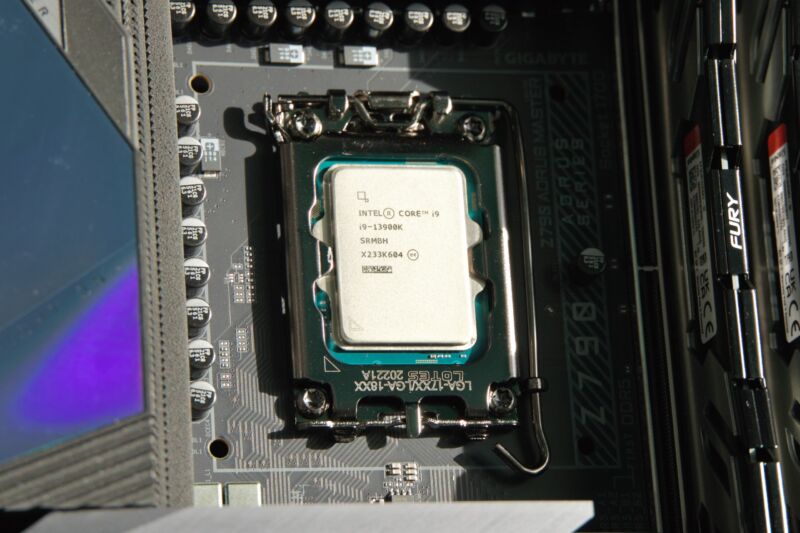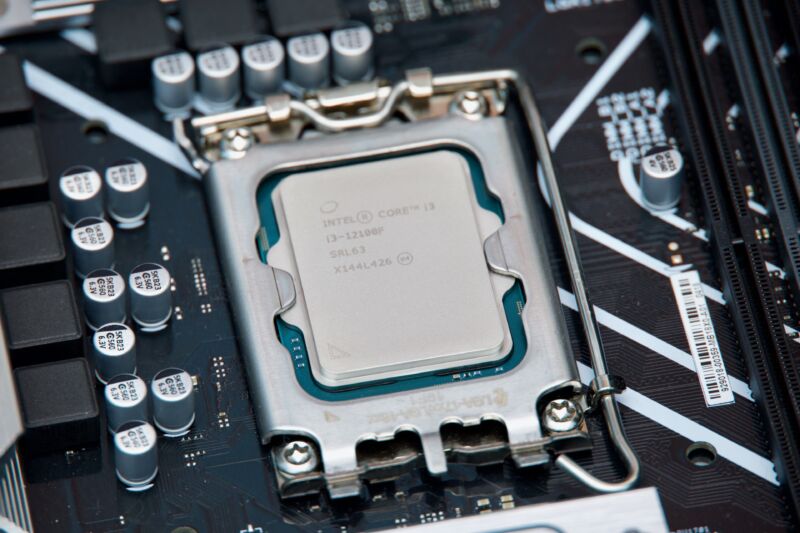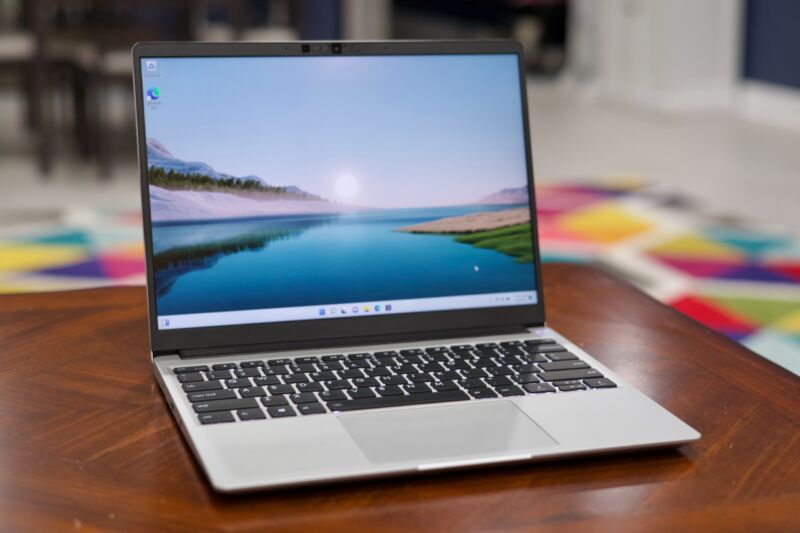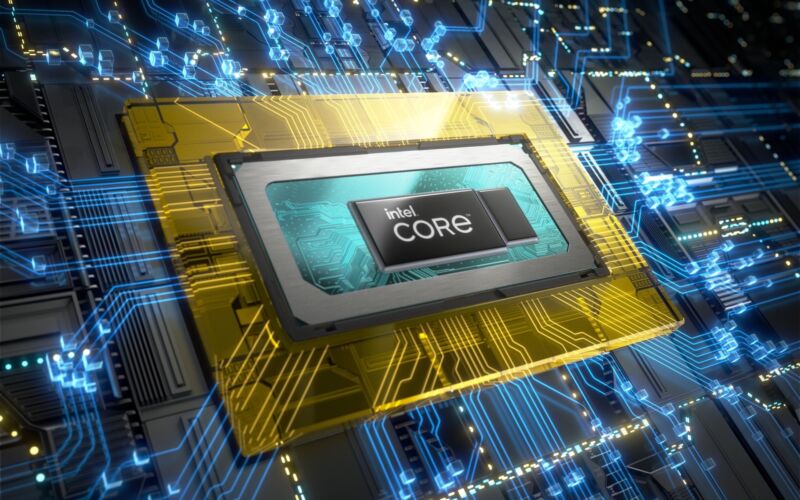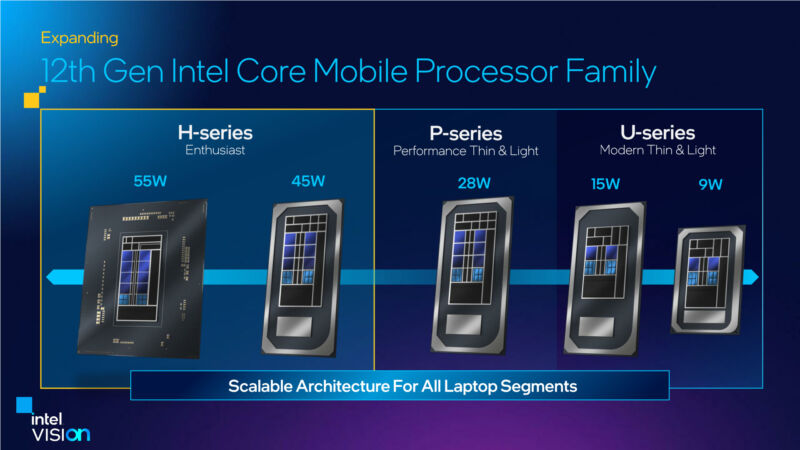-
 chevron_right
chevron_right
Intel reportedly blames motherboard makers for Core i9 CPU crashes
news.movim.eu / ArsTechnica · Yesterday - 15:41
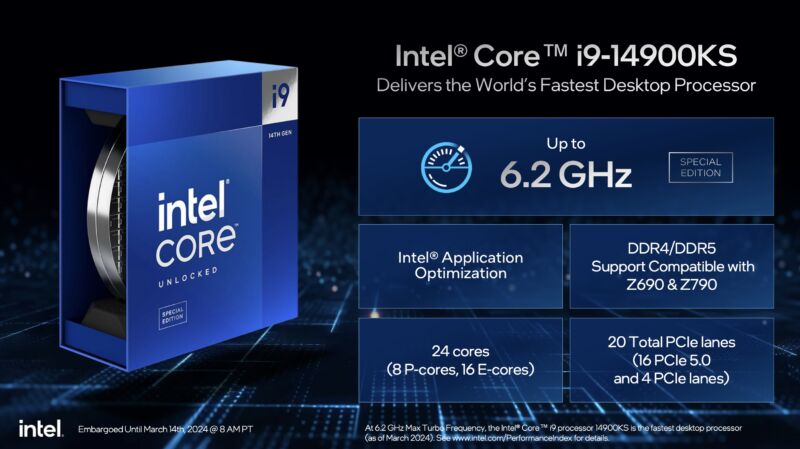
Enlarge / Intel's top-end i9-14900KS. (credit: Intel)
Earlier this month, we wrote that some of Intel's recent high-end Core i9 and Core i7 processors had been crashing and exhibiting other weird issues in some games and that Intel was investigating the cause.
An Intel statement obtained by Igor's Lab suggests that Intel's investigation is wrapping up, and the company is pointing squarely in the direction of enthusiast motherboard makers that are turning up power limits and disabling safeguards to try to wring a little more performance out of the processors.
"While the root cause has not yet been identified, Intel has observed the majority of reports of this issue are from users with unlocked/overclock capable motherboards," the statement reads. "Intel has observed 600/700 Series chipset boards often set BIOS defaults to disable thermal and power delivery safeguards designed to limit processor exposure to sustained periods of high voltage and frequency."

